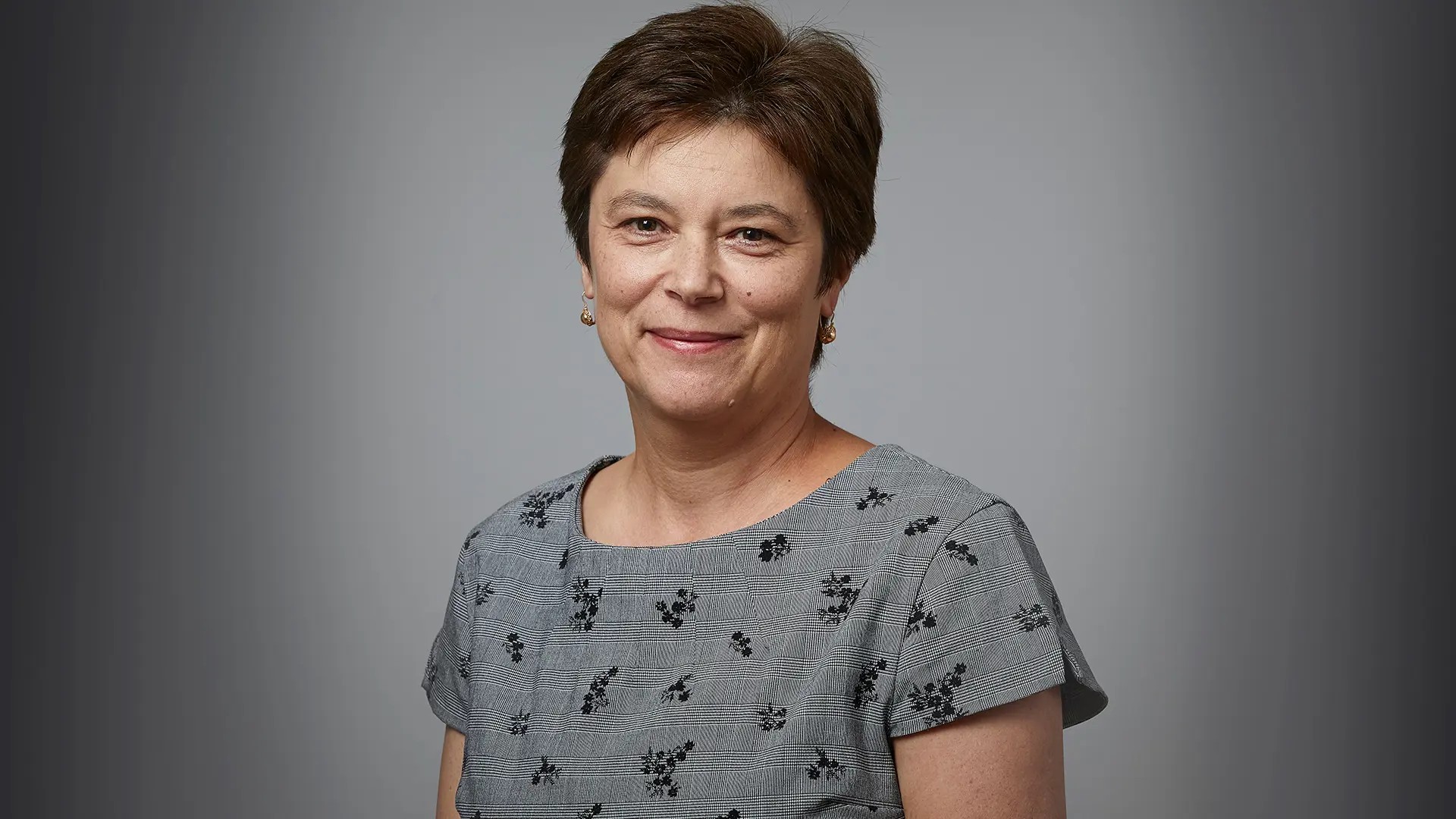
Meeting Tünde Fülöp means that you will likely feel as if you just had an injection of energy and inspiration. Tünde is professor at the Division of Subatomic and Plasma Physics at the Department of Physics at Chalmers. Uniting the qualities of an outstanding scientist and an empathetic leader she is currently head of a group consisting of 13 members.
In Tünde’s life things do not just happen, everything seems thoroughly planned and meticulously pursued. She grew up as a Hungarian minority in Romania where she developed a passion for solving mathematical problems. This was nurtured by the strategic guidance of her parents and the success in the maths competitions that she participated in. Eventually, she studied maths at an elite high school in Romania.
One could wonder why Tünde did not become a mathematician. When coming to Sweden she had to repeat two high school years and this is when she delved into the world of physics. She urged herself to get into the finals of the Swedish Physics Olympiad. Tünde set up a plan and taught herself physics concepts in-depth for about half a year, “a six month brain wash” as she calls it. “I suddenly understood how cool physics is.” By the way, she made it into the finals.
That fascination for physics and her unbelievable drive to reach the goals that she sets herself, has lead Tünde to follow a straight career path in academia. She read applied physics at Chalmers, took a PhD in electromagnetic field theory and continued with an assistant professorship at the same institute. She moved to the Department of Physics in 2009 where she now has built her own group with a flourishing research activity.
Scientific midlife crisis
Her research group works on theoretical studies of topics within plasma theory and magnetic nuclear fusion. The latter requires that light nuclei are fused to form heavier ones. In order to overcome the electrostatic repulsion between them, the nuclei must have temperatures of the order of millions of degrees. At these conditions they are in the plasma state, like all stars, including our sun, which are gigantic fusion reactors. Tünde explains: “If we would succeed with nuclear fusion, that would be a big thing.” Which is almost an understatement, as it would imply that the world energy problem would be solved. In what Tünde describes as a “midlife crisis” a few years ago, she intentionally opened her scientific network and expanded her research to work on plasma accelerators. Once in use, they could be of substantially shorter length than the currently used accelerators and thus could allow for the study of femtosecond phenomena.
Balance between pragmatism and intuition
This seems to be about the timescale that she wants her research to proceed in too. “My impatience is my strong negative side”, she confesses. For her research group that is not necessarily a drawback. “It’s going very well for everyone in the group”, Adam Stahl, one of her PhD students says. Tünde herself is proud that she has created an atmosphere in her group where people help each other. I wonder how. Direct communication is her answer, “I have unwritten rules in the group that I have distributed in written form.” Indeed her concern for the group atmosphere seems to be bearing fruit; the word “family” is used by one of the members.
István Pusztai, her oldest group member, summarises her leadership as a balance between pure pragmatism and an intuition that is lead by her passion for the subject. For Tünde, it was important to find a role model as a young researcher. She was lucky to find this on a research stay at the Massachusetts Institute of Technology in Boston during her PhD, in the form of Peter Catto. She returned for another project during her assistant professorship and has kept close ties since then.
Budapest, her cultural home
Not surprisingly, given her energetic nature, she feels at home in big cities like Boston where many things happen and happen fast. With her family consisting of her husband and two teenage kids, she frequently travels to Budapest, a place that she calls her “cultural home”. Tünde feels deeply connected to its language, humour, literature and music. “Visting the Hungarian capital is my medicine to prevent a burnout”, she concludes.
At last, I reflect that one significant reason for Tünde’s academic success might be that she sees opportunities in everything. Just as an example, I ended up leaving her office with the name of a contact and an idea of a joint research project. So what drives Tünde and what are her goals? She describes that she is addicted to the feeling of flow that she gets when she is working, a feeling that she already discovered as a kid when she spent her days solving maths problems. Thinking about her overall goals, István’s conclusion might be close to the point: “Nowadays, Tünde thinks in terms of impact, that means doing something that will change either people’s lives or the field in any way.”